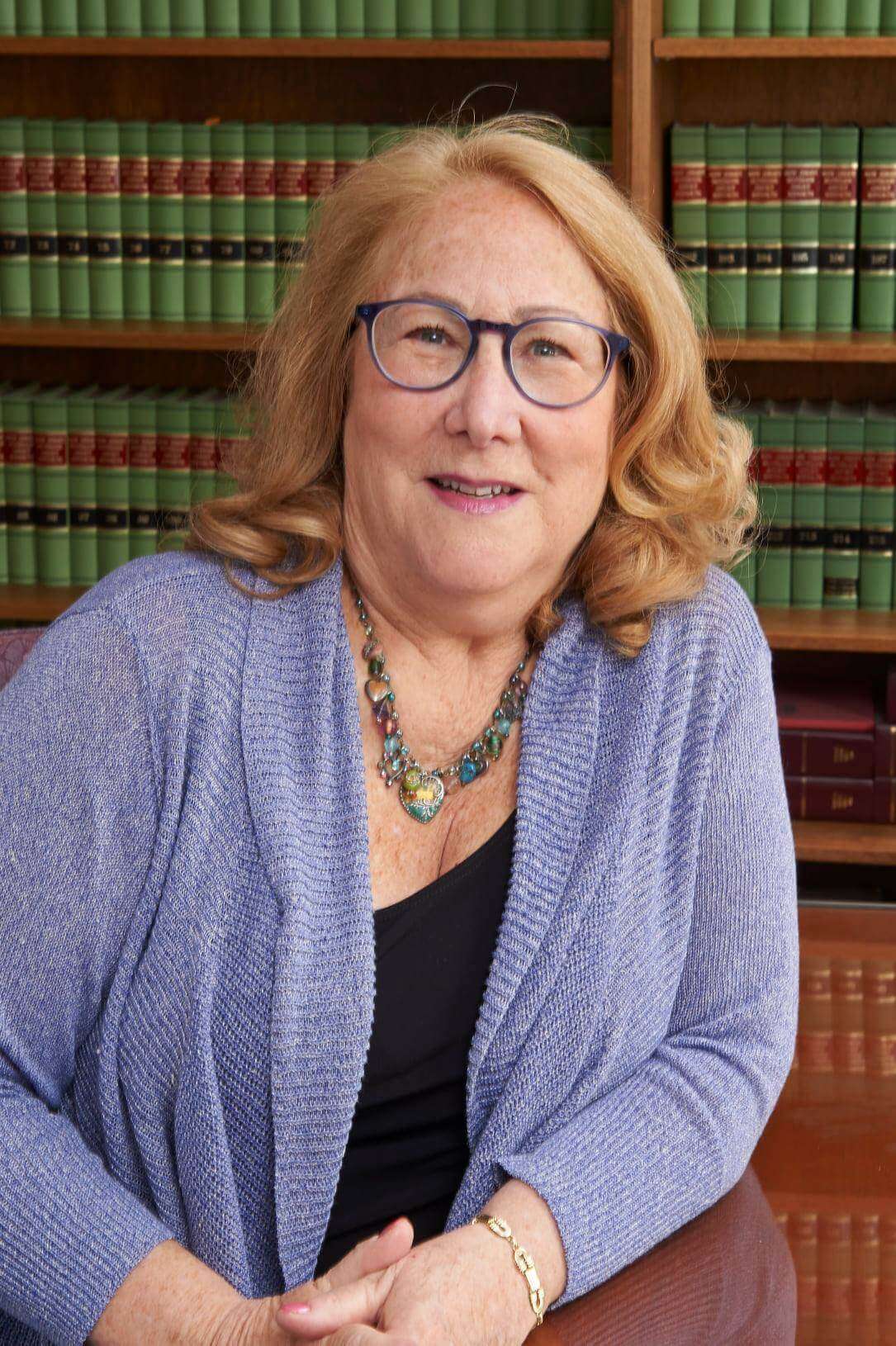Chapter 13 Bankruptcy

Chapter 13 bankruptcy is available only for individuals. It is not available for businesses.
Also, to be eligible for chapter 13 bankruptcy, the debtor must have regular income and debts below a certain debt threshold.
The commencement of a bankruptcy case creates a “bankruptcy estate” that is comprised of the debtor’s legal and equitable interests in property. The bankruptcy estate includes tangible and intangible property, debtor’s causes of action, property which is held by someone other than the debtor, inherited property, property acquired under a property settlement with a spouse, life insurance proceeds acquired within 180 days after filing of the petition, and all proceeds, products, offspring, rents, or profits of property of the estate.
In chapter 13 bankruptcy, property of the estate includes all post-petition property acquired, including the debtor’s post-petition income.
In chapter 13 bankruptcy, a chapter 13 trustee is assigned to administer the case.
In every bankruptcy case, the debtor must attend a “meeting of creditors.” In chapter 13 bankruptcy, the chapter 13 trustee presides at the meeting of creditors, and orally examines the debtor regarding, among other things, the acts, conduct, property, liabilities and financial affairs of the debtor.
In a chapter 13 bankruptcy case, a debtor can reorganize and or liquidate.
In a chapter 13 bankruptcy, the debtor can keep all of their assets. But, in turn, the debtor must pay unsecured creditors at least what they would receive in a hypothetical chapter 7 case, and at least all of the debtor’s monthly disposable income over a 3 to 5 year period of time. Payments to creditors are generally required to be made through the chapter 13 trustee and pursuant to a chapter 13 plan.
The primary object of a chapter 13 bankruptcy case is to achieve court approval (aka “confirmation”) of a chapter 13 plan.
A chapter 13 plan is a document that explains how the debtor is going to treat its creditors, and how the debtor is going to either reorganize and/or liquidate.
Confirmation is the process by which a chapter 13 plan is approved by the court.
Notably, even if acreditor objects to the plan, the plan can still be confirmed and approved by the court under certain circumstances.
More specifically, a plan can still be confirmed and approved by the court, even if a creditor objects to the plan, so long as the plan meets certain criteria.
For example, for a chapter 13 plan to be confirmed and approved by the court over the objection of creditors, the plan must satisfy the “best interest of creditors test” by proposing to pay creditors at least what they would receive in a chapter 7 case. Also, for a chapter 13 plan to be confirmed and approved by the court over the objection of creditors, the plan must be feasible.
Once a chapter 13 plan is confirmed and approved by the court, the chapter 13 plan governs the relationship between the debtor and creditors going forward.
Upon completion of the chapter 13 plan, the court will grant a chapter 13 discharge.
A chapter 13 discharge relieves the individual debtor from personal liability to re-pay certain pre-petition debts. The discharge order also prohibits creditors from seeking to legally enforce or collect any debt that has been discharged.
To find out more about chapter 13 bankruptcy call now for a free initial consultation with our firm’s Delaware bankruptcy lawyer.